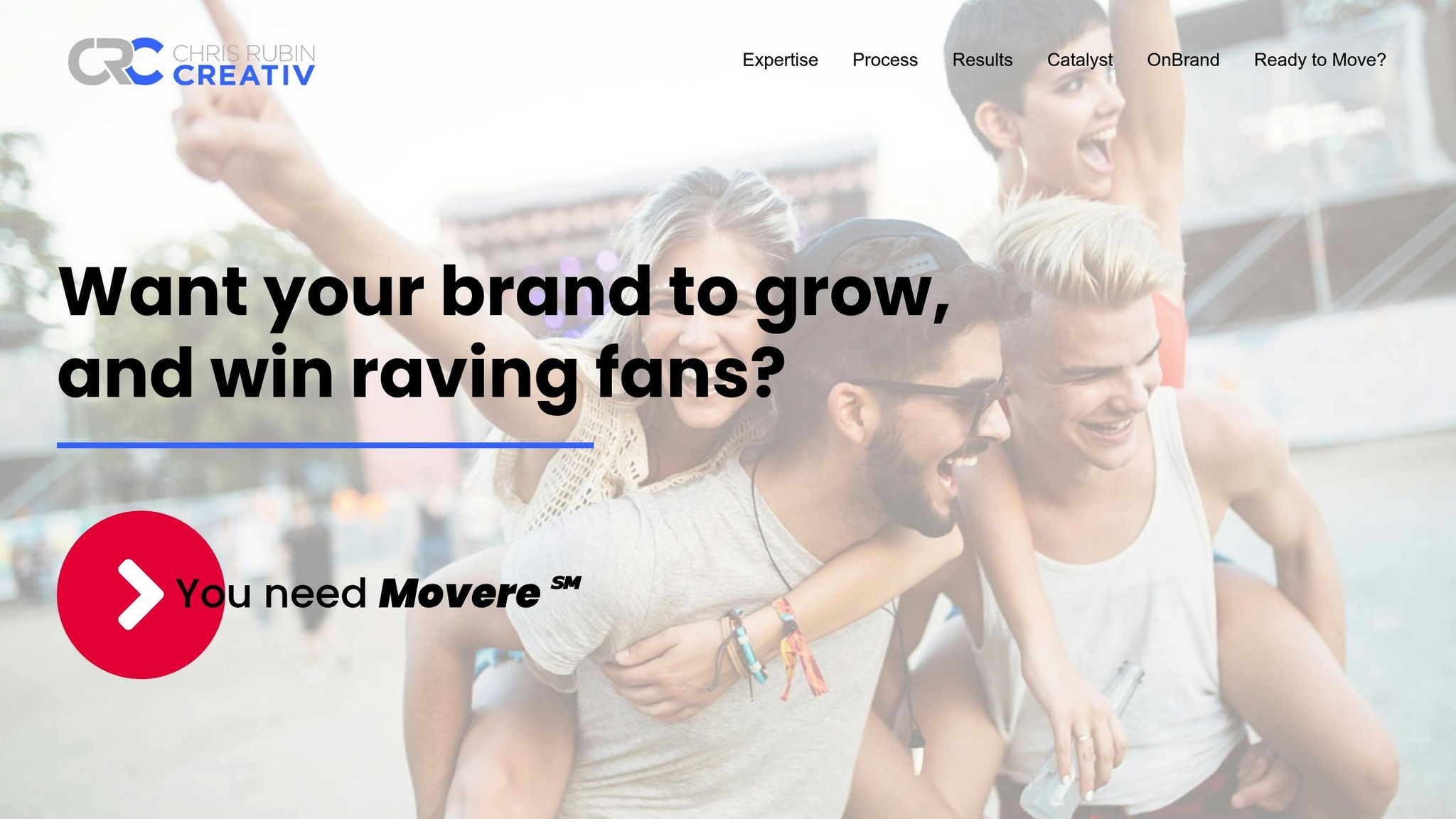Focus groups are a great way to gather insights, but they come with ethical challenges. Here’s what you need to know:
- Privacy Protection: Keep participant data secure and ensure confidentiality.
- Informed Consent: Make sure participants fully understand what they’re agreeing to.
- Balanced Group Dynamics: Avoid power imbalances or biases that could skew discussions.
- Participant Safety: Minimize emotional or psychological harm during sessions.
Protecting Participant Privacy
Common Privacy Risks
Focus groups can present challenges when it comes to maintaining privacy. Participants might unintentionally share confidential information, leading to potential risks such as:
- Sharing Sensitive Information: Participants could reveal private details about others outside the group.
- Recording Vulnerabilities: Video or audio recordings may be at risk of unauthorized access or distribution.
- Workplace Issues: In employee focus groups, discussing workplace concerns might strain professional relationships.
- Handling Personal Data: Contact details and demographic information need to be managed carefully to avoid misuse.
Privacy Protection Methods
To ensure participant confidentiality, implement these key measures:
-
Pre-Session Privacy Agreements
Provide participants with clear guidelines on confidentiality, recording policies, data storage practices, and their rights regarding personal information. -
Secure Physical Locations
Select venues that prioritize privacy, such as rooms designed to prevent eavesdropping and with controlled access. -
Strong Digital Security
Use encrypted platforms for digital recordings or virtual sessions, store recordings in secure locations, and limit access with passwords.
Moderators should also remind participants of confidentiality rules during sessions and address any breaches immediately. These steps help create a safe and transparent environment for everyone involved.
Getting Clear Participant Consent
Challenges in the Consent Process
Securing informed consent in focus groups can be tricky for several reasons:
- Participants might agree due to peer pressure rather than genuine willingness.
- Explaining how data will be used, recording methods, and potential risks can be overwhelming for participants.
- Tight schedules may result in a rushed consent process.
- Ensuring every participant fully understands their rights and responsibilities can be difficult.
To address these challenges, follow these practical consent strategies.
Practical Consent Strategies
Here’s how to handle the common consent issues effectively:
-
Pre-Session Communication
Share detailed information packets at least one week before the focus group. These packets should clearly outline:- The purpose and scope of the research
- How data will be collected, recorded, and stored
- Participant rights, including the option to withdraw at any time
- Any risks of participation
- Procedures for opting out of the study
- Contact details for questions or concerns
-
Clear and Comprehensive Consent Forms
Create consent forms that are easy to understand and cover all necessary details:- Project Overview: A short description of the research purpose and its timeline
- Data Collection: Details on recording methods and how data will be stored
- Participant Rights: Steps for withdrawing and privacy protection measures
- Risk Disclosure: A straightforward explanation of any potential discomfort or consequences
Consent Form Element Required Information Format Project Overview Research purpose and duration Simple, plain language Data Collection Recording methods and storage details Specific details, including timeframes Participant Rights Withdrawal process and privacy measures Bulleted list with contact information Risk Disclosure Potential discomfort or consequences Honest, direct description -
Verification of Understanding
Ensure participants grasp the consent form through a three-step process:- Allow 15–20 minutes for individual review of the document.
- Host a group Q&A session to clarify any doubts.
- Conduct brief one-on-one check-ins with the moderator to confirm understanding.
-
Ongoing Consent
Keep consent active throughout the session. Check in before discussing sensitive topics, remind participants they can skip questions, and offer an exit option at any time.
Balancing Group Dynamics
Types of Group Imbalances
Group dynamics in focus sessions can shift depending on participants’ diverse backgrounds, leading to uneven power dynamics and biased feedback. Addressing these challenges is crucial for fair and productive discussions.
Socioeconomic Disparities
- Differences in income or education levels might lead some participants to hold back their opinions.
Cultural Factors
- Variations in cultural norms and values can create barriers to open communication.
| Imbalance Type | Impact on Discussion | Risk to Data Quality |
|---|---|---|
| Socioeconomic | Limited participation | Missing critical insights |
| Cultural | Communication challenges | Distorted feedback |
Table: Examples of Imbalances in Focus Groups and Their Effects on Data Collection
sbb-itb-aebd855
Preventing Participant Harm
Identifying Risk Factors
Focus groups can sometimes lead to emotional or psychological distress, especially when sensitive or personal topics come up. Participants might face emotional triggers tied to past experiences, feel anxious about sharing personal details, or become stressed when encountering opposing viewpoints.
External factors can also play a role. Long sessions, uncomfortable environments, or subtle social pressures to conform may take a toll on participants’ well-being.
| Risk Category | Potential Impact | Early Warning Signs |
|---|---|---|
| Emotional | Psychological distress | Visible discomfort, withdrawal |
| Physical | Fatigue, discomfort | Restlessness, decreased engagement |
| Social | Peer pressure | Hesitation to speak or agreeing without conviction |
Addressing these risks requires proactive safety measures before, during, and after the session.
Safety Measures
To manage these risks effectively, thoughtful planning and intervention are key.
Pre-Session Preparation
- Share detailed session information and establish clear ground rules for respectful dialogue.
- Choose meeting spaces that are comfortable and easy to access.
During the Session
- Emotional Support: Have trained mental health professionals available for sensitive discussions. Schedule 15-minute breaks every hour to minimize mental fatigue.
- Participant Options: Allow participants to exit the session, skip questions, or provide feedback through alternative methods.
- Trained Moderators: Ensure moderators are skilled in spotting signs of distress, intervening when necessary, and maintaining a neutral tone.
Post-Session Care
- Provide opportunities for participants to debrief immediately after the session.
- Make support resources readily available.
- Keep communication channels open for any post-session concerns.
| Safety Measure | Implementation | Expected Outcome |
|---|---|---|
| Pre-Screening | Identify potential triggers before the session | Minimize predictable distress |
| Scheduled Breaks | Include 15-minute breaks each hour | Reduce participant fatigue |
| Support Access | Provide on-call counseling services | Address immediate emotional needs |
These strategies help protect participants and ensure the research process remains ethical and effective.
Ethics in Qualitative Research
Key Takeaways
Privacy, consent, group balance, and safety are the foundation of ethical focus groups. Below, you’ll find a checklist and guidelines that highlight best practices, along with how ChrisRubinCreativ (CRC) incorporates these principles into its services.
Ethics Checklist
| Area | Key Actions | Implementation |
|---|---|---|
| Privacy Protection | Encrypt storage, anonymize data | Outline measures and inform participants |
| Informed Consent | Provide clear, accessible documentation | Use multiple formats, encourage questions |
| Group Balance | Ensure diverse representation | Pre-screen participants, follow structured guides |
| Participant Safety | Establish support and exit protocols | Provide mental health resources, use safe words |
Implementation Tips:
- Develop moderator protocols for handling sensitive situations.
- Set up post-session reporting and feedback channels.
- Schedule regular check-ins for longer sessions.
- Continuously monitor and document ethical practices.
ChrisRubinCreativ (CRC) Services

ChrisRubinCreativ specializes in ethical focus groups, seamlessly combining ethical research methods with actionable brand strategies.
Research Framework:
- Comprehensive ethics training for moderators.
- Rigorous participant screening processes.
- Privacy-focused protocols and secure data systems.
CRC ensures that ethical research doesn’t just safeguard participants – it also enhances brand insights. Their methods help transform research into meaningful strategies for brand positioning and messaging.
What CRC Offers:
- Skilled ethical research design.
- Professional moderation expertise.
- Advanced data security measures.
- Integration of insights into brand strategies.

